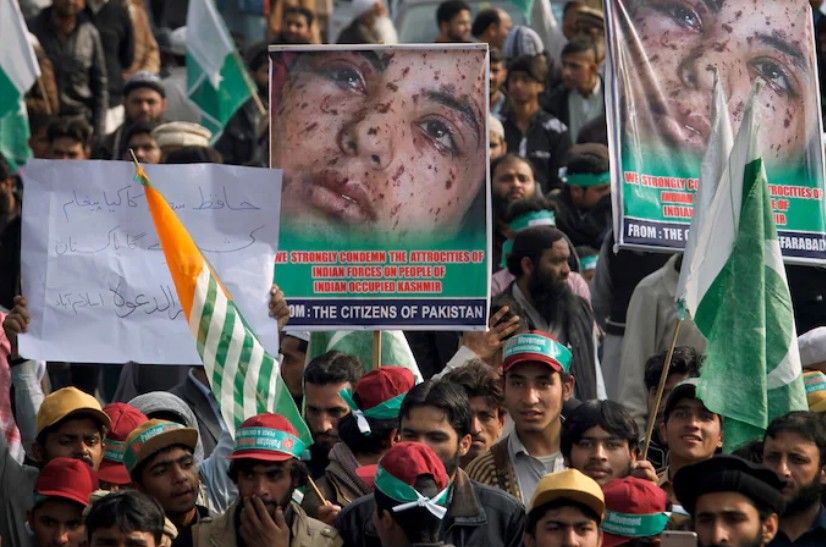Kashmiri Muslims
Standing with Kashmiri Muslims: Addressing 76 Years of Discrimination and Violence

The plight of Kashmiri Muslims over the last 76 years reflects grave human rights abuses and systemic discrimination. Since the partition of India in 1947, Kashmir has been a conflict zone, leading to the deaths of tens of thousands of civilians. Conservative estimates suggest that over 40,000 people, including many Muslims, have been killed in the conflict, though some estimates go as high as 100,000 when accounting for indirect fatalities from violence and displacement. The region has also witnessed mass disappearances, torture, and arbitrary detentions under laws like the Armed Forces Special Powers Act (AFSPA), which grants security forces immunity from prosecution for rights violations.
Discrimination and Key Challenges:
- State-Sanctioned Violence: Numerous reports indicate extrajudicial killings, torture, and sexual violence by security forces. Over 2,700 unmarked graves were discovered, many containing local civilians.
- Denial of Civil Liberties: Following the abrogation of Article 370 in 2019, which revoked Jammu and Kashmir’s special status, the Indian government imposed internet blackouts and curfews, further isolating the population.
- Forced Displacement: Thousands of families, particularly Kashmiri Muslims, have been displaced due to violence and military operations.
The Role of the World Muslim Council (WMC):
As a unified voice for the rights of Kashmiri Muslims, the WMC will:
- Advocate for Accountability: Call on international bodies like the United Nations to demand investigations into human rights abuses and hold perpetrators accountable.
- Promote Diplomatic Engagement: Engage with India and Pakistan to seek peaceful resolutions, emphasizing the implementation of UN resolutions on Kashmir’s right to self-determination.
- Provide Humanitarian Aid: Mobilize resources to support displaced families and ensure access to education and healthcare for victims of the conflict.
- Raise Global Awareness: Organize campaigns to highlight the plight of Kashmiris, leveraging global platforms to advocate for their rights.
Resolving the Issue:
A sustainable resolution requires:
- Restoration of Rights: Reinstating Jammu and Kashmir’s autonomy and ensuring the civil liberties of its residents.
